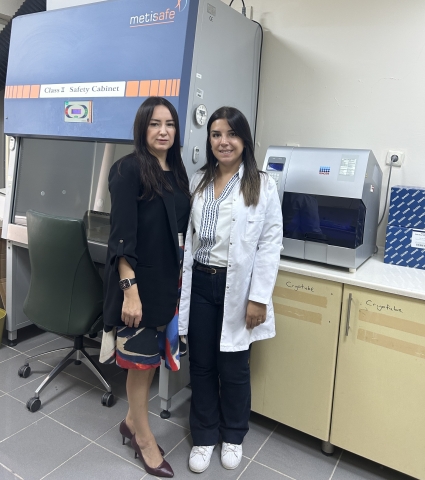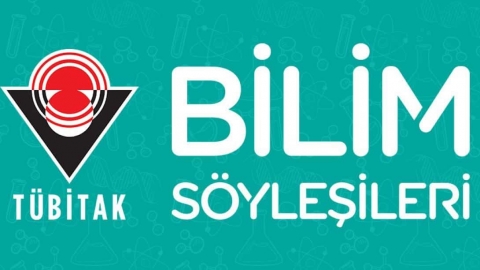OMU Veterinary Faculty's Dr. Burcu Esin's Project Receives 740,000 TL Support
A project proposal by Research Assistant Dr. Burcu Esin from the Breeding and Artificial Insemination Department of Ondokuz Mayıs University (OMU) Veterinary Faculty has been deemed worthy of support by the Scientific and Technological Research Council of Türkiye (TÜBİTAK).
Dr. Esin's project, titled "Investigation of the Effect of Autologous Platelet-Rich Plasma (PRP) on Testicular Doppler Hemodynamics, Testosterone Levels, and Sperm Cryopreservation Related SPAG5, Caspase-3, and HSP70 Gene Expression Levels in Kangal Dogs," presented under the TÜBİTAK 3501-Career Development Program, has been accepted into the support program with a budget of 740,000 TL.
The project, to be conducted by Dr. Burcu Esin, includes collaborators such as Research Assistant Dr. Çağatay Esin from OMU's Department of Veterinary Internal Medicine, Research Assistant Cumali Kaya from the Department of Breeding and Artificial Insemination, Dr. Eda Uğurtay from the Black Sea Advanced Technology Research and Application Center, Assoc. Prof. Dr. Emre Dünder from the Department of Statistical Information Systems of the Faculty of Science, and Research Assistant İbrahim Halil Güngör from the Department of Breeding and Artificial Insemination at Fırat University. Prof. Dr. Mesut Çevik from OMU's Department of Breeding and Artificial Insemination serves as an advisor.
The team also includes Molecular Biologist Cansu Can and Veterinarian Seba Raouf as contributing researchers.
The project aims to combine regenerative medicine with reproductive biotechnology and investigate PRP's cellular and molecular effects on testicular and spermatological parameters in dogs.
The scientists involved in the study aim to establish the efficacy of PRP on reproductive parameters, thereby developing current and effective protocols in the field of reproduction. Furthermore, the project aims to protect and enhance the reproductive efficiency of the Kangal breed, a significant genetic resource in Türkiye.
The project, with a duration of 24 months, also plans to support postgraduate students with scholarships.


















